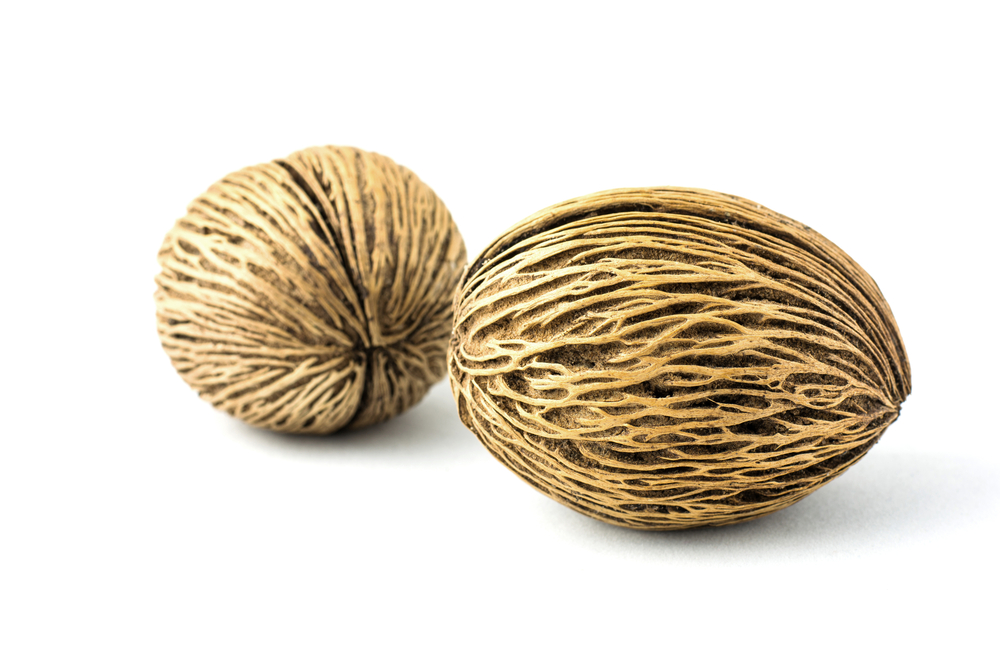
The young Chicago-area transgender woman who took her own life by ingesting “pong pong” seeds was bullied in school for many years, her mother told WLS-TV.
Twenty-two-year-old Lucia Anderson, born Bernard McCalip, died in February after ingesting seeds from the Cerbera odollam, a tree known as the “suicide tree” native to India and parts of southeast Asia. The transgender woman had purchased the seeds online from Thailand—paying $1 for the seeds and $4 for shipping.
Anderson’s mother, Natosha Anderson, found her daughter on the bathroom floor, after hours of being sick. Lucia admitted to taking the seeds and died hours later in the hospital. “He said, ‘I can’t feel my heart.’ And I said, ‘What’s wrong? What’s going on?’ And he said, ‘I took a pong seed.’ And I said, ‘A what? What is that?’ The police, the paramedics, they didn’t even know, no one knew,” she told WLS-TV.
“I’m pretty sure he thought it was going to be easy, but it wasn’t,” she said. “He died in pain. It was slow, and it was painful.”
The public needs to be warned about the seeds, said Anderson. “I think if I can save one person or make one person aware of what’s going on and what people are selling,” she said. “If I can save one life, just one.”
According to the FDA’s Poisonous Plant Database, the seeds from the Cerbera odollam are “excessively toxic,” causing the heart to stop, and is used for suicide and homicide.
The seeds can be ordered from websites like eBay, where they are advertised for planting or decorating.
In May 2015, the New York Times reported that four 17-year-old girls in India had consumed the tree’s highly toxic fruit. One of the girls, who were all athletes at the government-run athletic center, died of heart failure while the three others were in critical condition following the incident.
It’s unclear what motivated the girls to eat the fruit, but according to another source, the girls, who enrolled in the athletic center to escape poverty, were driven to suicide by harassment from older athletes at the center.
In 2004, the New Scientist reported that the tree’s poison is used by more people to commit suicide than any other plant. Homicide cases are more difficult to detect.
The publication reported that doctors, pathologists, and coroners are failing to detect just how often the Cerbera odollam’s poison is used to murder people. Past research has documented more than 500 cases of fatal Cerbera poisoning between 1989 and 1999 in the southwest Indian state of Kerala alone—leading one to infer that the poison is responsible for many more deaths than previously thought.